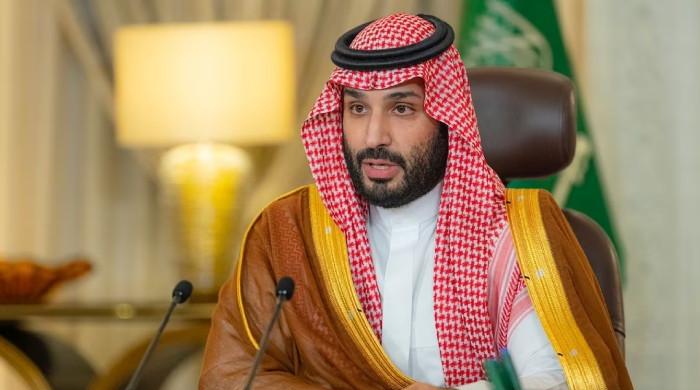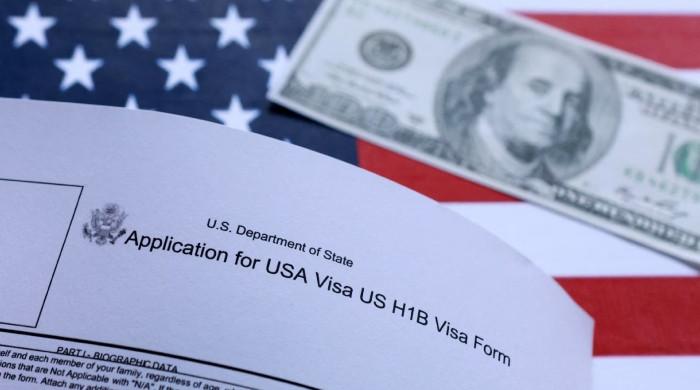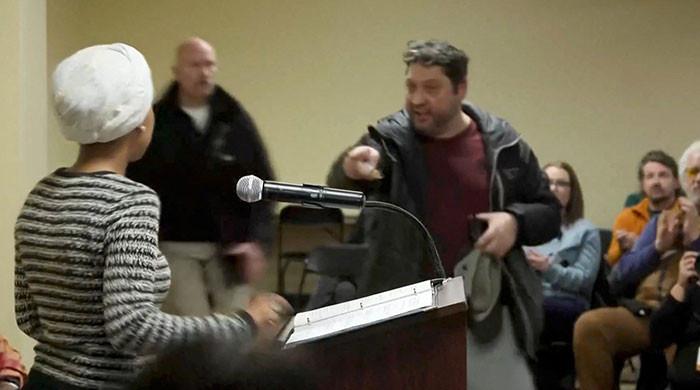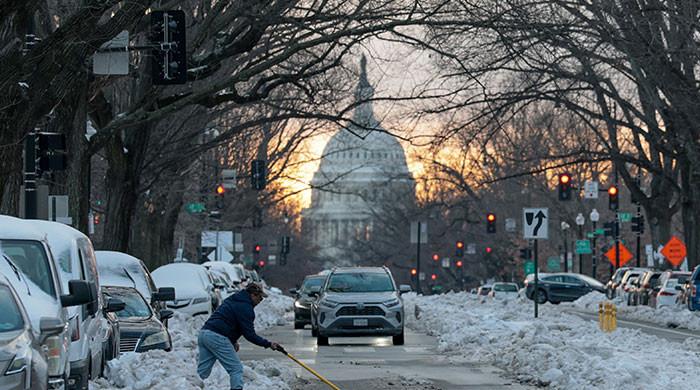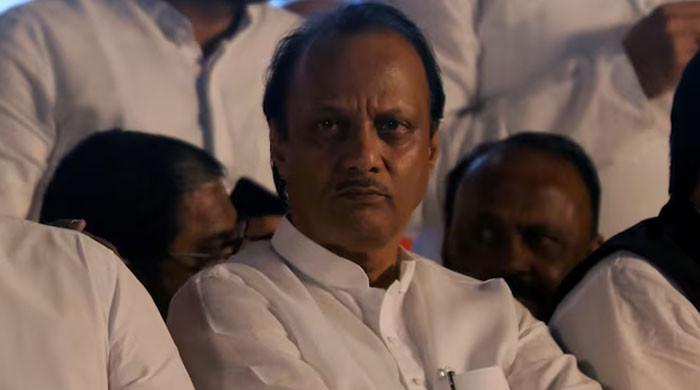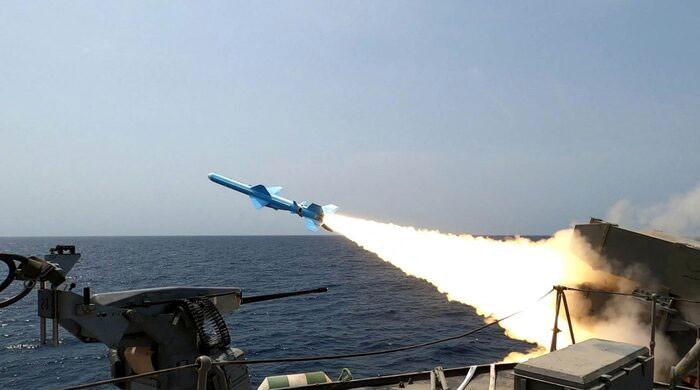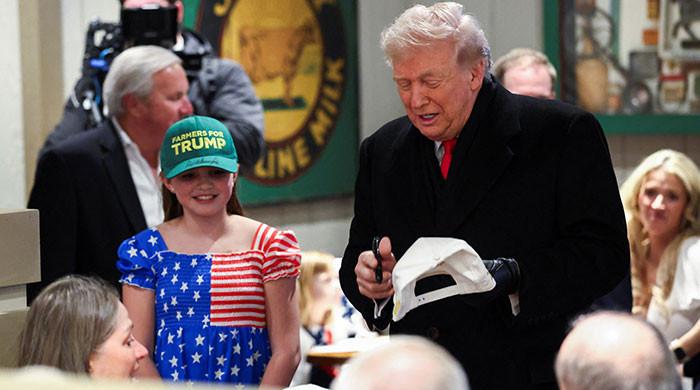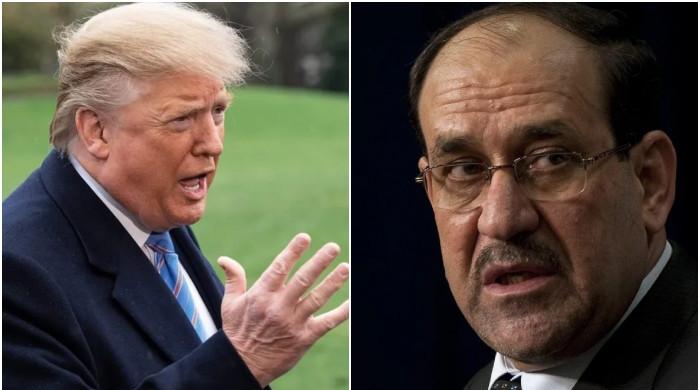Over 42,000 Canadian Sikhs participate in Khalistan Referendum despite Indian threats
The second phase of Canada Khalistan Referendum voting takes place after killing of pro-Kahlistan leader Hardeep Singh Nijjar
July 17, 2023
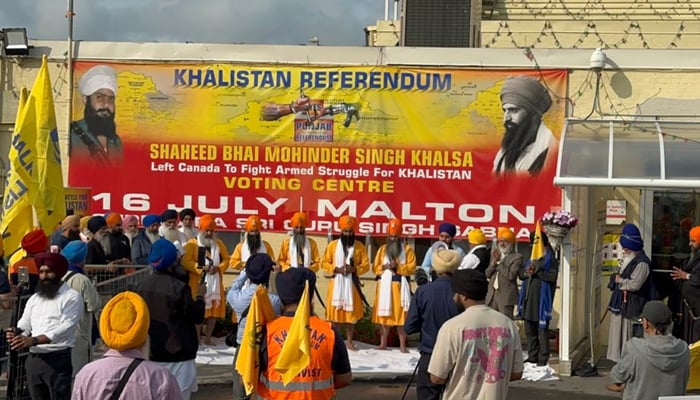
ONTARIO: More than 42000 Canadian Sikhs flooded the Khalistan Referendum voting centre in Malton, Ontario, in the aftermath of the assassination of the Canadian national, pro-Khalistan leader Hardeep Singh Nijjar, by two men.
The second phase of Canada Khalistan Referendum voting was held within a month after the killing of the pro-Kahlistan leader outside the local temple which was celebrated by the Modi government and Indian media. The Indian government and Modi had claimed the killing will dampen the spirits of pro-Khalistani Sikhs but Sunday’s turnout in Malton showed that Sikhs remain undeterred by the high-profile assassination of Hardeep Singh allegedly by the Indian agencies.
More than 42,000 Sikhs voted in the second phase of the Khalistan Referendum in Canada.
July 16 Khalistan Referendum Centre at Gurdwara Malton was dedicated to Shaheed Mohinder Singh Khalsa, a Canadian who left the country to fight for Khalistan in 1990s.
Sikhs who attended the event were carrying banners and flags with slogans of Khalistan, demanded freedom from India and paid tributes to those Sikhs who have been allegedly assassinated by India directly or indirectly for supporting the cause of Khalistan.
Men, women and youth who took part in the event chanted slogans vowing to avenge the killing of the Sikh leader and other assassinated Khalistanis.
The voting was arranged by Sikhs For Justice under the supervision of the independent Punjab Referendum Commission (PRC). Gurpatwant Singh Pannun, SFJ’s General Counsel said about the turnout: “Assassination of Shaheed Nijjar by India worked as a catalyst to the ongoing Khalistan campaign. Thousands turned up in the Toronto Referendum challenging the Modi government's attempts to stop the movement.”
“India’s violence will be responded to by pro-Khalistan Sikhs in equal force,” added Pannun, who is coordinating the global “Kill India” campaign to highlight the assassination of Nijjar by Indian security agencies.
Nijjar, assassinated on June 18 in Surrey, was one of the most prominent Canadian Khalistanis and chief coordinator of the Canadian chapter of the Khalistan Referendum. Sikh organisations and the family of Nijjar have alleged that Indian security agencies are responsible for the killing because Nijjar was a leading activist of pro-Khalistan Sikhs For Justice (SFJ) and was amongst the front-line Sikhs who were running the Khalistan Referendum campaign around the capitals of Western Europe.
Ahead of the July 16 voting in Toronto, Indian High Commissioner Sanjay Kumar Verma had threatened that pro-India Canadian Hindus will violently counter July 16 Khalistan voting, prompting the SFJ to write to the Canadian prime minister to expel Verma for interfering against the rights of Canadian Sikhs.
In an official communique dated July 13, 2023, High Commissioner Verma addressed the government of Canada, stating that the Sikh for Justice's “illegal referendum” is an ineffective effort to undermine the Canada-India relationship. Furthermore, he warned Canadian Sikhs, mentioning that millions of India's supporters in Canada would counter the ill-intentioned Khalistan Referendum Voting scheduled for July 16th in the Greater Toronto Area (GTA).
In a letter to Prime Minister Justin Trudeau, the SFJ criticised High Commissioner Verma for not only interfering in Canada's internal affairs but also attempting to suppress the freedom of expression of Canadian Sikhs. They expressed concerns that Verma’s remarks incited violence and encouraged pro-India Canadians to harm Canadian Sikhs simply for peacefully expressing their political opinions.
A week ago on July 8, the SFJ held “Kill India” rallies at Indian missions in Canada, USA, UK and Italy and released pictures of Indian diplomats in these countries as the responsible persons for the alleged killings. India has since vehemently asked the foreign governments to block SFJ’s Khalistan Referendum but to no avail.
24 hours before the Khalistan Referendum voting, India’s External Affairs Minister S Jaishankar met his Canadian counterpart Melanie Joly on the sidelines of the ASEAN Regional Forum (ARF) Ministerial Meeting in the capital of Indonesia.
"Met Canadian FM @melaniejoly in Jakarta Discussed the Indo-Pacific and our economic cooperation," Jaishankar tweeted after the meeting. "Underlined the importance of ensuring the security of our diplomats. And the need to firmly combat incitement to violence," he said in the tweet.
The meeting comes days after Canada assured India of the safety of its diplomats following the circulation of Khalistani posters online. India has asked its partner countries such as Canada, the UK and the US not to give space to “extremist Khalistani ideology” as it is “not good” for relations.
The “radical, extremist Khalistani ideology” is not good for India or its partner countries such as the US, Canada, the UK and Australia, he told reporters on the sidelines of a BJP outreach campaign in New Delhi.
In global Khalistan Referendum voting conducted under the supervision of the PRC, over one million have voted so far in the UK, Switzerland, Italy, Australia and Canada.




